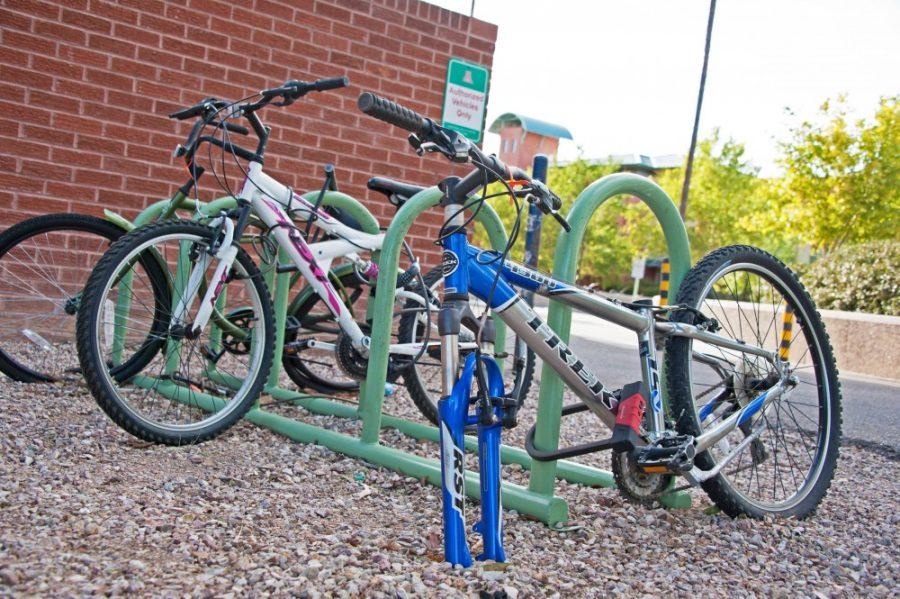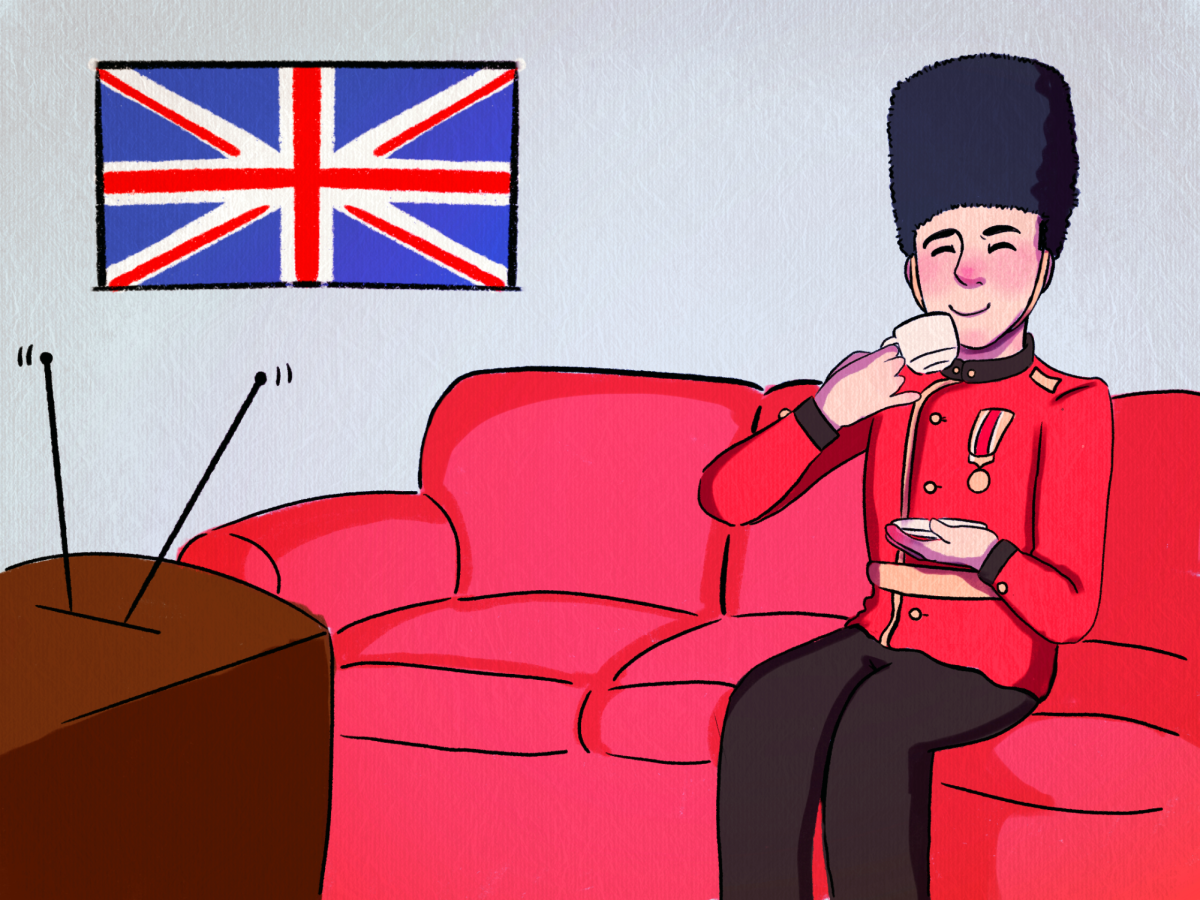Sociology senior Hali Nurnberg, co-founder of Social Justice League, the UA student club putting on Tentropolis, a sort of tent city erected on the UA Mall all this week, describes the event as a simulation of homelessness designed to bring awareness to an issue that we don’t often see or understand.
Students, who arguably have a remarkably abundant, if not unique, quality of privilege in our society — which is to say, the world, they are in a special place to lend their voice and energy to the idea that poverty, if it cannot be expelled as an ill of society anytime soon — can, and should, at least be combated through awareness and through initiating a culture of compassion and creativity toward causes and possible solutions of poverty in America, and everywhere.
In a society such as ours, which is by far the richest and most powerful on the planet, it would be misleading not to mention a sense of arrogance, as well as ignorance. We are nurtured by Americans in the face of facts that demonstrate our shamefully leading rate of poverty, particularly upon children, among the so-called “”developed,”” industrial countries.
Not only do the facts speak for themselves regarding how defective our society is in dealing with poverty, but also our culture reflects a certain level of petulance and disdain of those that suffer from poverty.
“”Seinfeld,”” one of the most popular TV series in U.S. history (75 million people, one of the three largest television audiences tuned in) the theme that has come up more than once in the show’s record is stark degradation of the poor. In the episode titled “”The Gymnast,”” Jerry, the heartless cynic of the scene, is berating his best friend George for having eaten a pastry out of the kitchen trash receptacle while cleaning up after a dinner at the home of his girlfriend’s mother. Jerry remarks snidely, “”Well, my friend, you have crossed the line that divides man and bum. You are now a ‘bum.'””
Mocking insults such as these are common in our society and are the object of many jokes and overall dehumanizing disdain. For to construct a “”divide”” among humanity and name it “”man and bum”” is to deliberately strip a despised group of people of their humanity and thereby dissociate any natural compassion from emerging regarding the often horrific plight of fellow human beings impoverished for what are many times an array of social reasons.
Similarly, Quentin Tarantino’s brilliant film “”Pulp Fiction,”” also one of the most popular and revered in American cinema, is no exception reflecting the levels of societal hatred of the poor, specifically homeless people. A particularly callous example is expressed in a scene in which two hitmen, Vincent and Jules, are arguing over a perceived miracle Jules witnessed that has moved him to give up the life of hired murderer while Vincent is petulant.
When Jules, either out of guilt for all of the people he’s killed or for practical reasons, says he plans to “”walk the earth and meet people, get in adventures.””
Vincent responds, spitefully, “”So you’ve decided to be a bum?””
“”I’ll just be Jules, Vincent, no more, no less,”” comes the response.
And, with degrading persistence, Vincent continues: “”No, Jules, you’ve decided to be a bum. Just like all those pieces of shit out there that beg for change, eat what I throw away. They got a name for that, Jules, it’s called a ‘bum.’ And without a job, residence or legal tender, that’s what you’re gonna be, man, you’re gonna be a fuckin’ bum!””
Now, my critiques are not meant to singularly disparage these artful constructions. As the comedic genius of “”Seinfeld”” and the unclassifiable brilliance of “”Pulp Fiction”” are indubitable. Generally, films and TV are not to blame for ills in society. For the most part, cultural items such as “”Seinfeld”” or “”Pulp Fiction”” simply reflect the values to varying degrees already present in society. We can look to such programs for reflections on ourselves.
At the present time poverty in the United States, and the world, as Secretary General of Amnesty International Irene Khan describes it, remains the “”world’s worst human rights crisis”” from which one in three people worldwide suffer and of which the United States is a leading contributor. Yet some still say poverty is a problem here to stay, and will never be eradicated.
Someone wise once pointed to the fact that people made similar criticisms that the now curable disease Tuberculosis, a terrible scourge on humanity for a thousand years up until last century, would never be done away with.
Similarly, a horrible social disease such as poverty one day can be looked back on as a long and terrible scourge on humanity that was done away with. To students in Social Justice League and others, that possibility is one well worth pursuing.
— Gabriel Matthew Schivone is a junior majoring in Art, Literature, and Media Studies. He can be reached at letters@wildcat.arizona.edu.








